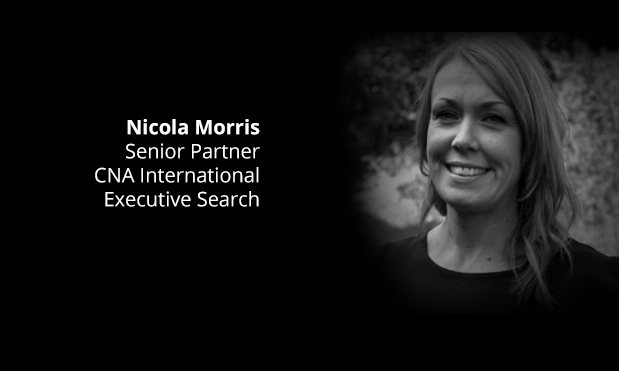 Nicola is an Executive Search Consultant with CNA International, with previous experience within HR Management across the Private and Public sector.
Nicola is an Executive Search Consultant with CNA International, with previous experience within HR Management across the Private and Public sector.The UK consulting market recorded strong growth last year, increasing by 6.6% to £6.02 billion, driven by a growing demand across all sectors and functional areas. Looking ahead, this positive growth looks set to continue with more businesses forecasting to spend more on management consultants in the next 18 months.
The HR and Change Management consulting market (up 4.8%) had the best year the service has seen in a while.
Attention Recruiters
See Live Jobs on SplitFee.org – Don’t Miss Out
It’s FREE if you Join Now!
So why are more businesses turning to external HR consultants?
With the labour market taking a steady positive incline, business leaders need to keep up by ensuring their organisational development and people strategies are optimised to support transformational growth.
Many transformational HR / Organisational Change experts are just that because they choose a career in consulting, seeking out transformational projects and then happy to move on to leave the maintenance of the newly designed firm to the existing functions.
From another perspective, it can be difficult for organisations to do what’s right particularly when it comes to redundancies, salary and benefit changes/reduction, major operational and strategic shifts. Hiring consultants can be a way to reach the desired conclusions with sufficient cover in case certain parties are unhappy (eg, a displeased Board or disgruntled employees) or things go wrong.
External consultants can bring with them best practices because they have broad experience;
- serving multiple clients in the same sector,
- serving multiple clients facing similar problems across different sectors,
enabling them to recognise common attributes of effective solutions, applying lessons learned in similar situations.
Another benefit to a business is the added value of a ‘fresh pair of eyes’ – you’d be amazed at the amount of value consultants can add based on the most mundane observations and insights. It can be easy for longer term employees to fall into daily routines without a critical eye towards measurement, analysis, and improvement.
How do you calculate the costs of bringing in an external consultant?
Consultants tend to use a simple formula to calculate their expected daily rate.
Typically, an interim HR professional will work 220 days a year – a figure that allows for weekends, holidays and some down time between assignments. To arrive at their minimum daily rate they divide their total expected annual emolument (including benefits) by 220.
Professional Interim Consultants are normally paid through their own limited company or via an umbrella company so they will be responsible for Employer’s National Insurance contributions, insurances and the other costs associated with running a business. These are also factored in when agreeing their minimum daily charge out rate.
Finding HR Consultants
Many companies enlist the help from a professional Search organisation to access to the best talent in the market.
It’s not just skills, sector experience and culture fit that are the decisions to be made when hiring a third party HR expert. Recruiters who provide a high end service are able to qualify HR Consultants via in depth interviewing and verbal referencing.
Find a great recruiter and the risks to your business of engaging an average or poor Consultant will be reduced. It is imperative that any HR Consultant’s stated business consulting successes are in fact in line with their past ‘employers’ experience of the assignment brief!
The bottom line…
With organisations facing increasing competition, transformational projects, staff and organisational development challenges it is imperative that leaders take a better informed approach utilising specialist Consultants as and when required.







